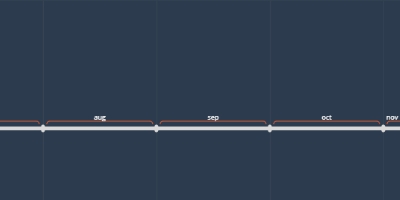Romanticism (the romantic era) (sep 15, 1790 – mar 10, 1830)
Description:
the romanticism was an artistic, literary, musical and intellectual movement that originated in Europe toward the end of the 18th century. It was partly a reaction to the Industrial Revolution, the aristocratic social and political norms of the Age of Enlightenment, and the scientific rationalization of nature all components of modernity. It was embodied most strongly in the visual arts, music, and literature, but had a major impact on historiography, education, the social sciences, and the natural sciences.It elevated folk art and ancient custom to something noble, but also spontaneity as a desirable characteristic (as in the musical impromptu). In contrast to the Rationalism and Classicism of the Enlightenment, Romanticism revived medievalism.Even though the movement was rooted in the German Sturm und Drang movement, which preferred intuition and emotion to the rationalism of the Enlightenment, the events and ideologies of the French Revolution were also proximate factors. The Romanticism assigned a high value to the achievements of "heroic" individualists and artists.
In literature, Romanticism found recurrent themes in the evocation or criticism of the past, the cult of "sensibility" with its emphasis on women and children, the isolation of the artist or narrator, and respect for nature. Furthermore, several romantic authors, such as Edgar Allan Poe and Nathaniel Hawthorne, based their writings on the supernatural/occult and human psychology. Romanticism tended to regard satire as something unworthy of serious attention, a prejudice still influential today.[39] The romantic movement in literature was preceded by the Enlightenment and succeeded by Realism.
Added to timeline:
Date:
sep 15, 1790
mar 10, 1830
~ 39 years
